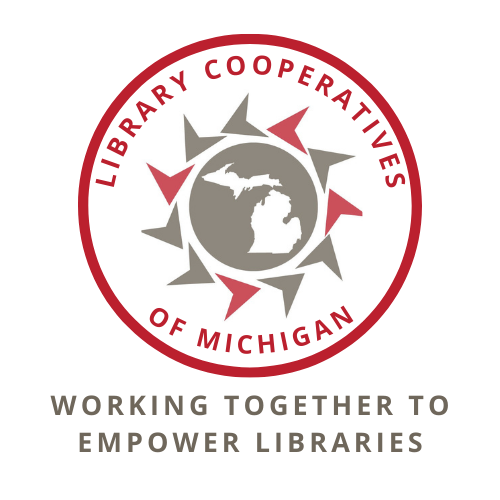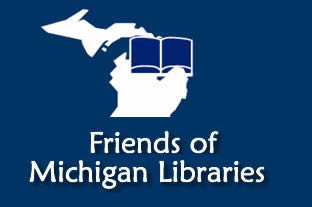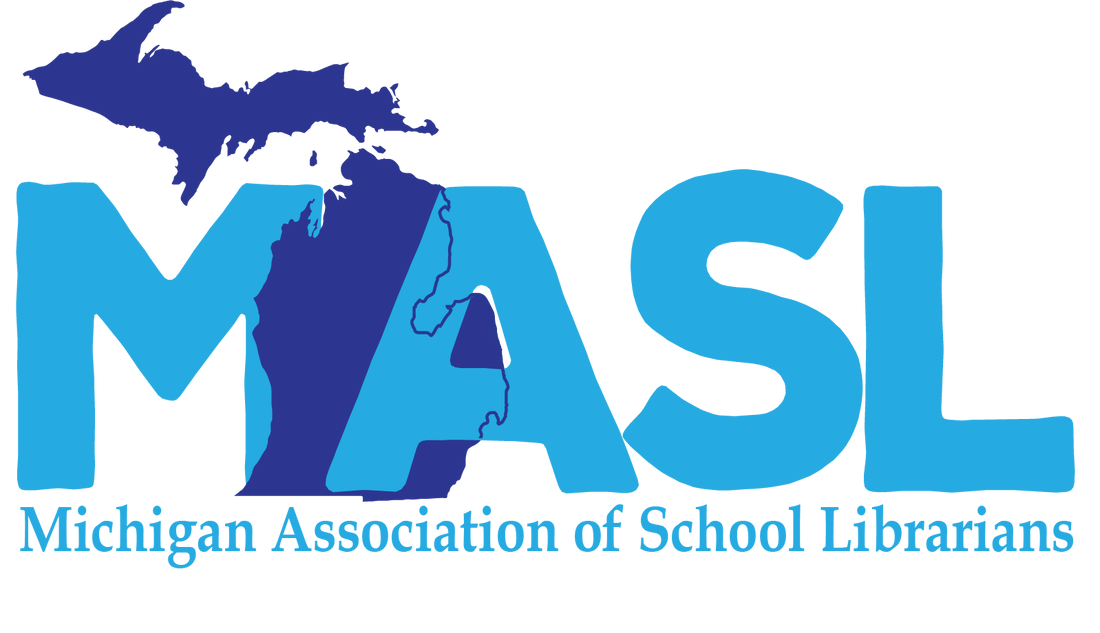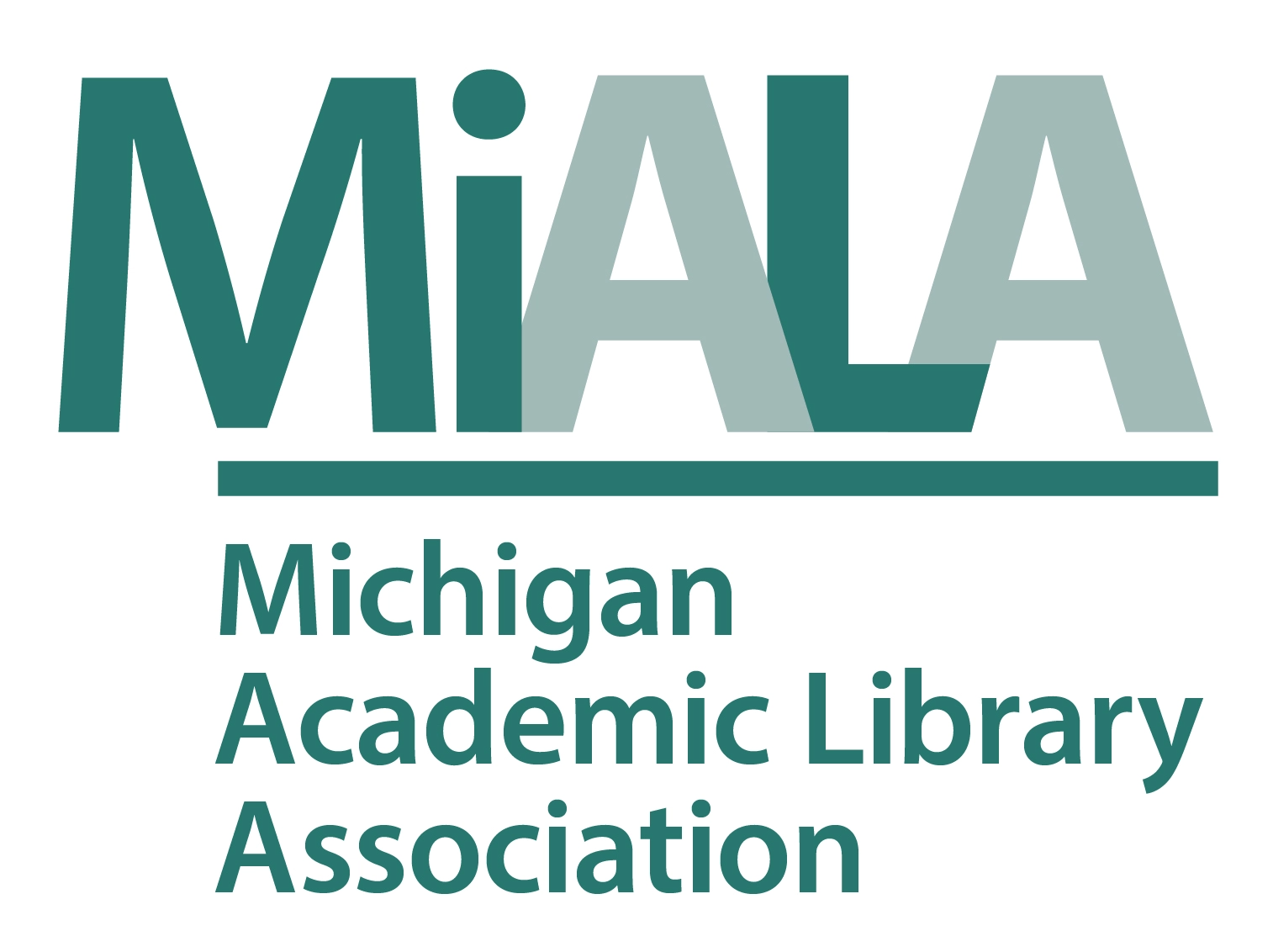 |
 |
 |
What is the Headlee tax amendment, Headlee override and Headlee Rollback?In 1978, Michigan voters approved the "Headlee" tax limitation amendments to the Michigan Constitution. It established an overall limitation on total state spending each fiscal year and limited the tax revenues. Taxpayers whose assessments grew faster than the inflation rate had their property tax increases limited. Headlee requires a local unit of government to reduce its millage when annual growth on existing property is greater than the rate of inflation. As a consequence, the local unit’s millage rate is “rolled back” so that the resulting growth in property tax revenue, community-wide, is no more than the rate of inflation. A “Headlee override” is a vote by the electors to return the millage to the amount originally authorized via charter, state statute, or a vote of the people, and is necessary to counteract the effects of the “Headlee Rollback.” What does this mean to funding from library millages and how did the passage of proposal A in 1994 place limitations on how much assessments and taxes could go up each year? Join us for a quick analysis and explanation of what you should know and what you can do to best work with the Headlee tax situation. Presented by Anne Seurynck, Foster Swift Colling & Smith P Resources |








